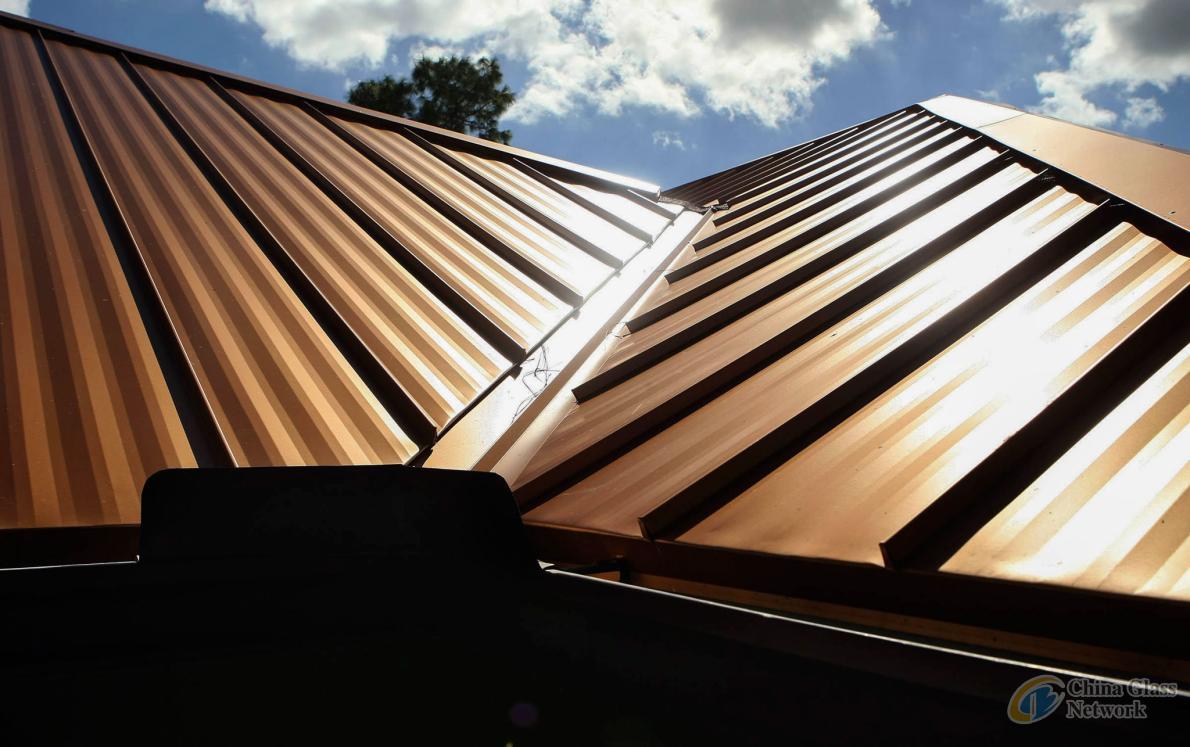Post Time:Aug 17,2015Classify:Glass QuotationView:813
New York and other cities see a climate fix in white paint, which is coating more rooftops as way to cool buildings and cut energy use. They may soon have another option: paint made of glass.
Scientists have created a glass paint that can bounce sunlight off metal roofs and keep them at air temperature. This is no minor feat. The sun can heat metal surfaces so much that playground slides or stadium bleachers can become too hot to use.
The new paint has another potential upside. Since it’s almost completely inorganic—a mixture of silica, the main ingredient in glass, and silicon rubber—it doesn’t degrade in ultraviolet light and can last much longer than typical polymer-based coatings.
“It’s almost like painting a rock on top of your metal. And this is going to last not tens of years but maybe hundreds of years,” says Jason Benkoski, senior scientist at Johns Hopkins University Applied Physics Laboratory. He presented his team’s work Sunday at a conference of the American Chemical Society in Boston.
Paint, low tech and common, hardly seems an effective tool for helping the environment. Yet several products promise they are. Air Pure Paint can remove indoor pollutants including formaldehyde, and Boysen KNOxOUT can suck smog-causing nitrogen oxide from the atmosphere.
RECENT ENERGY CONTENT
How U.S. Climate Plan Can Follow China and Europe—Or Not
Wind Power Sets Records As Countries Seek Climate Fixes
Here’s Why Your Office May Be Too Hot or Cold: Gender Bias
SEE ALL ENERGY STORIES
More common is white paint and its increasing, though slightly controversial, use on rooftops. There’s even the White Roof Project, a New York-based advocacy group that says such roofs can reduce a building’s summer energy use 10 percent to 40 percent.
Researchers generally agree on its benefits. Just as wearing light-colored clothing helps keep people cool on sunny days, reflective surfaces can keep a roof 50 degrees Fahrenheit cooler than traditional dark tar, the U.S. Department of Energy says. Yet a study last year found white roofs save less energy year-round in northern than southern areas. “We found geography matters,” says lead author Matei Georgescu of Arizona State University.
“White paint by itself does a good job,” reflecting about 90 percent of the sun’s energy, says Benkoski. Still, if polymer-based, it cannot reject ultraviolet light as can a silica-based paint “With as little as three years of UV degradation, a polymer paint could absorb twice as much solar energy as it did when freshly painted.”
His paint, by reflecting sunlight for decades and keeping metal surfaces cool, will slow corrosion. It wasn’t intended as a way to save energy in buildings but rather to prolong the life of naval ships—though it could likely do both. The U.S. Office of Naval Research funded his work.
Will it work on non-metal surfaces? “You can never say until you actually try,” he says. He expects it will perform well on ceramics such as glass, concrete and rock and possibly even on fiberglass or previously polymer-painted surfaces
Benkoski, who will start field testing his paint within the next two years, says it could take five years to commercialize the product. He expects having the U.S. Navy as a research sponsor will boost the paint’s odds for success.

Source: http://news.nationalgeographic.com/energy/2015/08/Author: shangyi